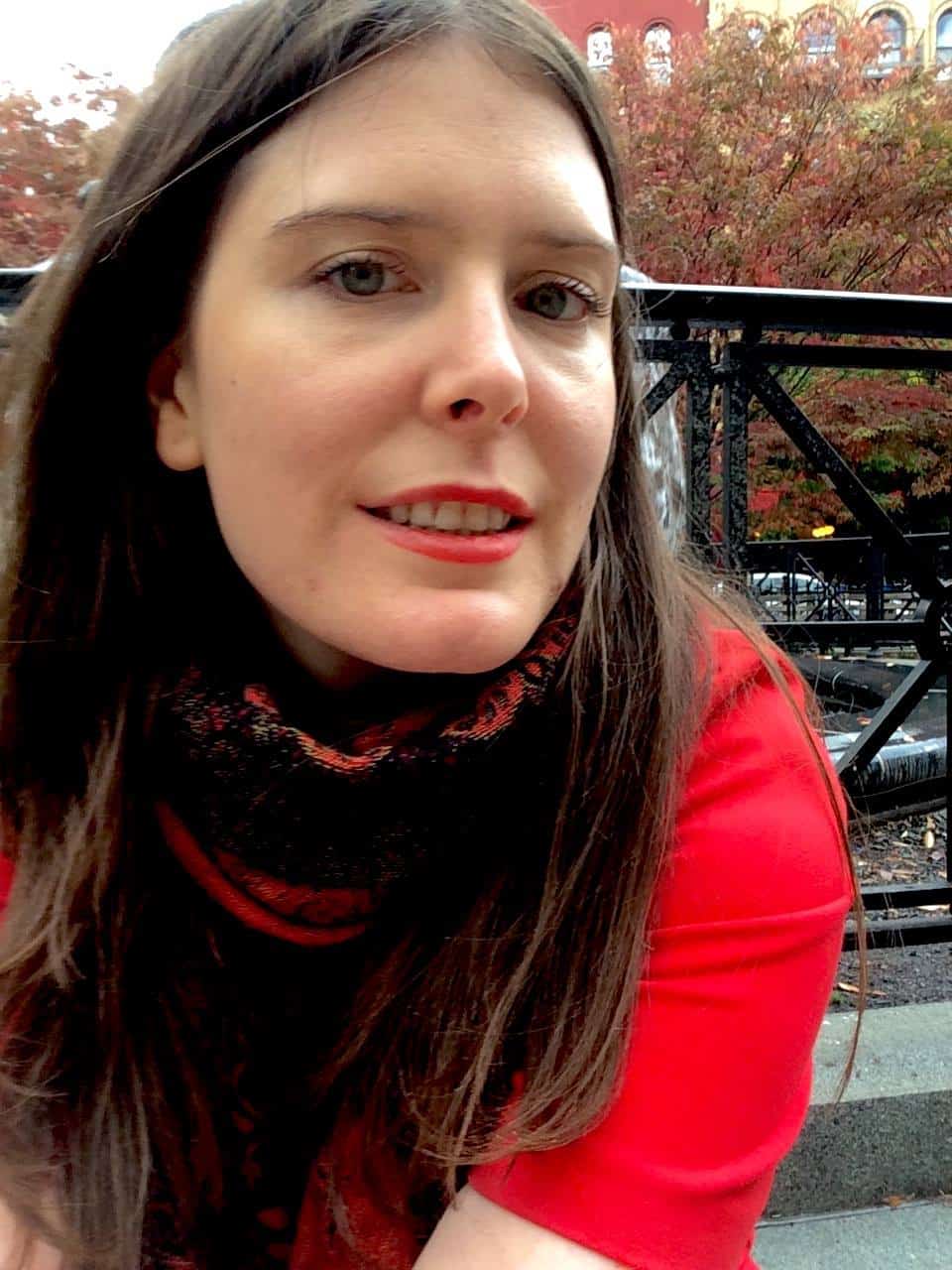The Sex Myth is a groundbreaking new book that examines modern sexuality while boldly challenging society’s assumptions about who is having sex, how we’re doing it, and why we’re doing it.
Recently, I caught up with the author, Rachel Hills, to get the dish on everything from virgins on TV to ideas for non-sexy Halloween costumes.
If you had to describe your book in one sentence, what would you write?
I love Rebecca Traister’s blurb on the cover: “A bracing and brave interrogation of contemporary assumptions about sex.”
What does the title of the book, The Sex Myth, refer to?
I use the term to describe the mystique that surrounds sex in our culture. It’s the idea that how, with whom, and how often we have sex says something vitally important about our desirability and our relationships with the people we love; that knowing the details of someone’s sex life will tell you whether they are moral or a pervert, enlightened or a prude.
That’s a lot to hang on one act, and it means that our decisions when it comes to sex are weighed down with more baggage than other things. For me, that baggage was bound up in feeling ashamed for not being sexually active enough, which is in stark contrast to the stories we usually hear about women and sex. But it also applies to homophobia, slut-shaming, and a suite of other sexual issues.
Do you believe the Sex Myth pressures people into having sex they are not comfortable with?
One of the biggest false assumptions about sex is that we’re living in the midst of a sexual free-for-all, that if you want sex, you can have it, and that if you can have it you should be having it. This may be true if all you’re looking for is a body in a bar (or on an online dating app), but there are a ton of people out there who want to have sex with someone they’re attracted to and excited by. And that is significantly harder to come by.
I’m not sure if this gap between expectation and reality leads to non-consensual sex per se, but it does create an internal pressure to have sex that you might technically consent to, but don’t necessarily wholeheartedly want. It’s also part and parcel with rape culture – think the Isla Vista and Oregon shooters, both of whom posted online about the despair they felt about not being sexually active, and their anger towards women for not being sexually available to them.
Characters on TV who are virgins over age 20 are often portrayed as troubled – think Kimmy Schmidt, who was trapped in a hole for half her life. Also, consider Mad Men’s Michael Ginsberg, who was so conflicted about his sexuality he eventually cut off his nipple. What sorts of adult virgin characters would you like to see in the future?
I’d like to see characters who are virgins but who aren’t defined by their virginity, a bit like how we’ve started to see with gay and lesbian characters. Virgins who have great social lives. Virgins who have non-penetrative sex (or non-virgins who don’t have penetrative sex, for that matter!) Virgins who are cool with their situation, and virgins who are bothered by their virgin status but who are still attractive, likeable people.
As an expert on modern sexuality, what do you think is the relationship between slut-shaming and virgin-shaming?
They are absolutely related. Both go to the crux of the Sex Myth – that the way we engage with sex says something vitally important about who we are. So if you have too much sex, you’re a bad person, but you’re also a bad person if you’re not sexual enough.
How do you think the elementary, middle and high school sex-ed curriculum should address and combat the Sex Myth?
I think media literacy is really important here, as well as cultural literacy. Talking not just about sex as a physical act, or a health issue, but as a social act as well. I’d love it if adults would stop framing any interaction between a girl and a boy as romantic – both to take the pressure off opposite-sex friendships, and to further normalize same-sex relationships.
I’d love for consent and pleasure to be taught to middle-schoolers – the idea that you should wait to have sex until you really want it, not until you reach a certain age or milestone in your relationship (which would ironically lead to later sexual debuts for some kids). And of course, getting into the nitty gritty of those cultural messages about sex. What we’re told people are doing, how those stories compare with the statistics, interrogating ideas of what “good sex” looks like, and so on.
Given that Halloween is approaching, what is your favourite idea for a non-sexy costume?
I tend to like pop culture-y costumes, so maybe Taylor Swift in the Blank Space video, complete with running eyeliner. I don’t think that costumes have to not be sexy, though.
How can we be simultaneously sex-positive while also supporting those who are not sexually active?
It’s all about giving yourself and others permission to engage with sex in whatever way works for them. Having a certain type of sex life doesn’t make you more moral, cool, feminist or enlightened than other people.
The Sex Myth is available on Amazon.ca.



 Follow Us On Instagram
Follow Us On Instagram
